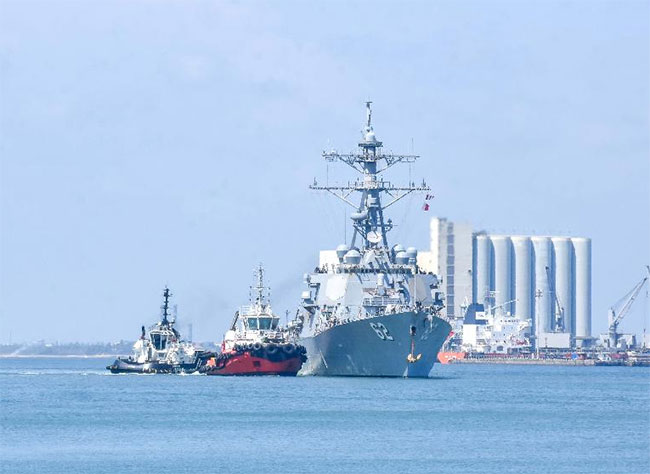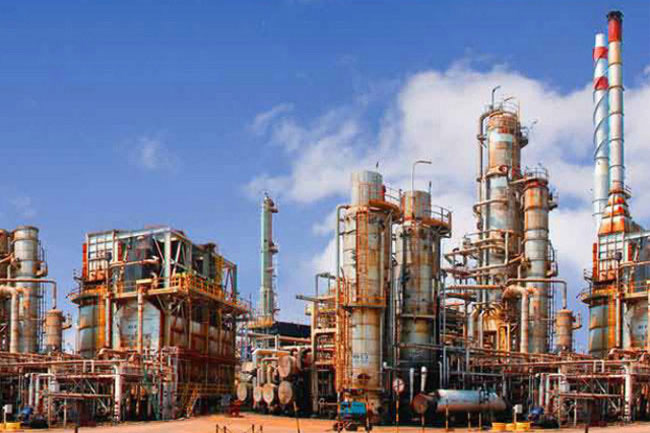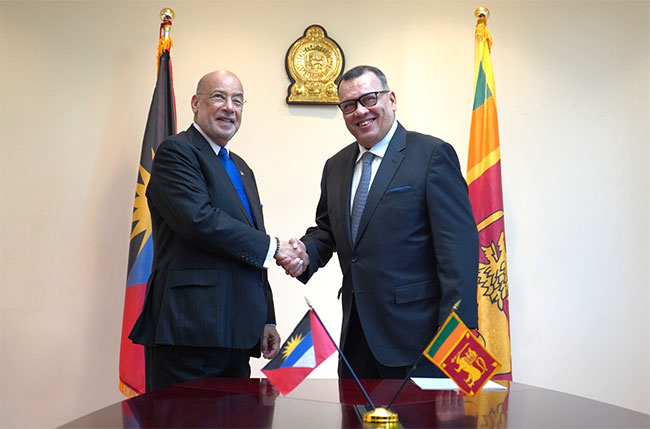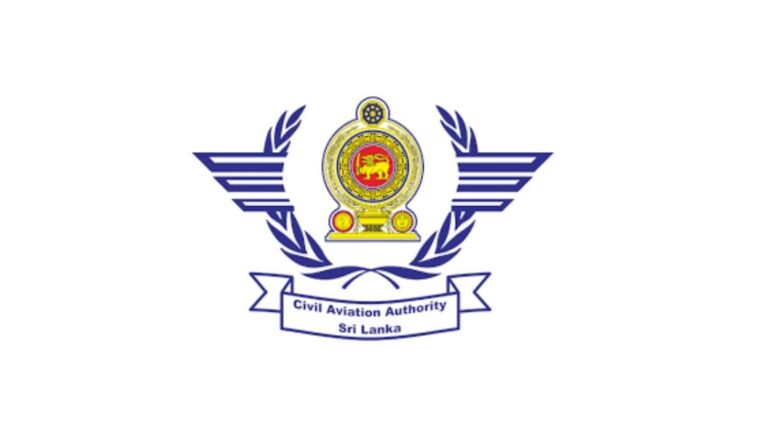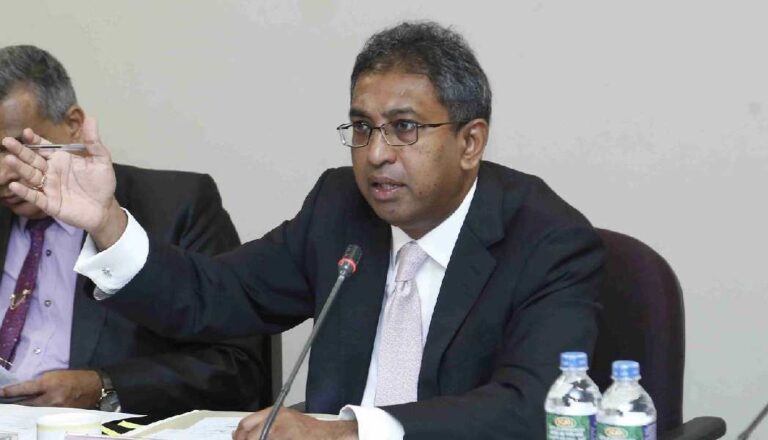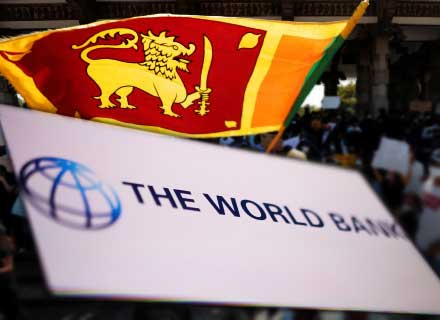By Kanika Datta
India, the land that gave the world Darjeeling and Assam tea, risks losing its place at the global tea table, not because of its leaves, but because of its lost opportunities, notes Kanika Datta.
If you are a fan of tea, the aromatic brew from Darjeeling or Assam taken black without milk and sugar rather than the milky, syrupy chai, then tea is what you will miss most in Sri Lanka, an unexpected discovery during a recent visit.
Yet this little green island outperforms India’s vast and hoary tea industry in the world markets.
Of course, the comparison is unfair, since the flavourful variety grown in the uplands of West Bengal and along the Brahmaputra has a natural advantage that Ceylon Tea, for all its energetic branding, can’t quite match.
Note also that Sri Lanka produces a third of India’s annual production, the world’s second-largest producer (naturally, China is the largest producer).
Yet two Sri Lankan companies figure among the world’s top-10 exporter suppliers. India has just one.
That is Tetley, a British brand that the Tata group presciently acquired in 2000; it remains the group’s most consistently successful overseas acquisition.
When it comes to tea brands, only Tetley keeps the Indian flag flying, though the Indian tea industry is over 170 years old — and Tetley was an established label even before the Tata acquisition. But Sri Lanka’s indigenously developed Dilmah, a 40-year-old brand in a 160-year-old industry, figures high on the list.
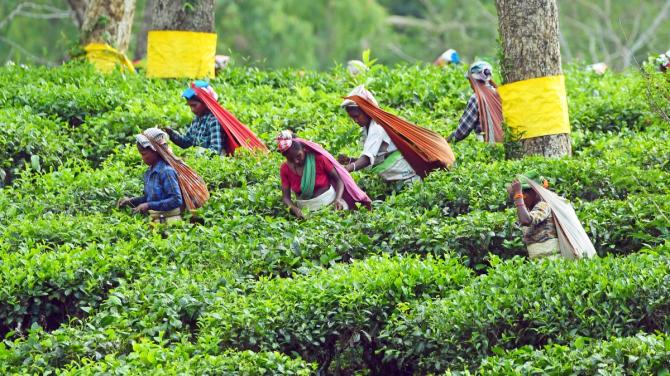
The failure to develop a powerful Indian tea brand in global markets reflects a generic weakness of Indian industry in general.
With exceptions such as Mahindra and Amul, Indian brands are conspicuously absent in global markets.
This deficiency, in turn, is the product of decades of protectionism that allowed monopolists to grow peacefully in the domestic market without facing the rigours of global competition.
Tea, one of India’s oldest industries, offers an appropriate reflection of these structural problems — and a cautionary tale for an economic policymaking establishment with a penchant for sheltering India behind high tariff walls.
For decades, with imports banned, domestic tea prices remained high, delivering splendid profits for tea companies and lavish lifestyles for its executives.
Thanks to India’s close relationship with the Soviet Union, exports, too, were mostly assured, accounting for almost 60 per cent of overseas sales (albeit on a rupee-rouble basis).
This market crumbled after 1991, forcing Indian producers to acquire the habits of competition in seeking foreign markets.
By then, Ceylon and Kenya had almost effortlessly managed to fill the breach, competing successfully on both quality and price.
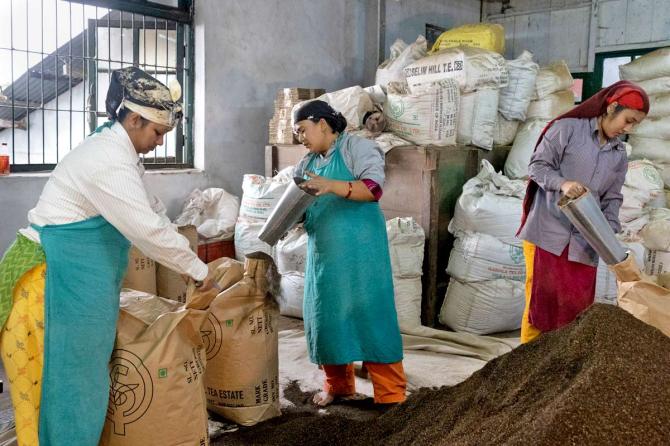
After some trauma, the industry adjusted, with the larger companies spinning off plantation and manufacturing activities and focusing on value addition and marketing, belatedly emulating Sri Lanka in turning palatial planters’ bungalows into ‘immersive’ tourism opportunities and launching premium tea brands for upscale domestic consumers.
Though India still imposes a 100 per cent Customs duty on imported tea (plus a 10 per cent social welfare surcharge), imports are permitted — and growing — under an advance authorisation scheme that is alarming the industry.
Either way, the old days of easy profits are long gone, and the industry has stopped being a magnet for young men (and it was only men) from ‘acceptable’ (meaning Westernised) backgrounds.
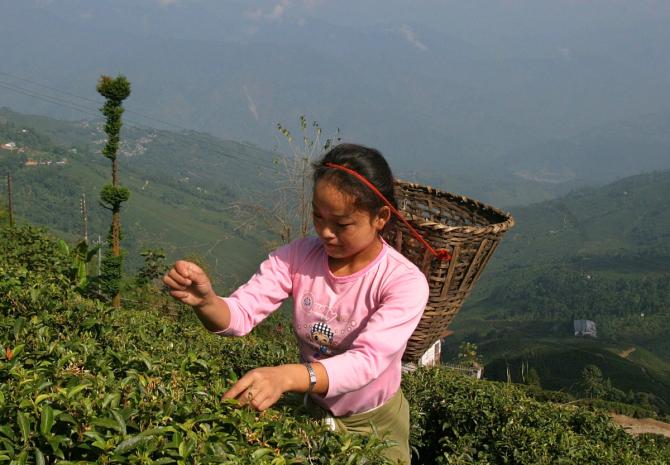
In 2024, there was a frisson of excitement as India surpassed Sri Lanka as the world’s second-largest tea exporter. But when it came to value, India retained its customary fourth position behind China, Sri Lanka and Kenya, indicating the limitations of its pricing power in world markets.
This shortcoming is also rooted in past protectionism. The bulk of India’s tea is of the crush-tear-curl (CTC) variety, an aggressive manufacturing technique that was designed to increase cuppage; it yields a strong liquor that is ideal for the chai that most of India drinks.
Sri Lanka, which exports nearly all of its tea, produces mainly leaf tea, which is more coveted in global markets, where black tea is drunk.
Now, as Indian tea, along with other products, faces a 50 per cent tariff in the United States, the industry will find itself facing a new challenge.
The US accounts for about 11 per cent of India’s global tea market and it is one of the few countries where India leads Sri Lanka by a fairly wide margin.
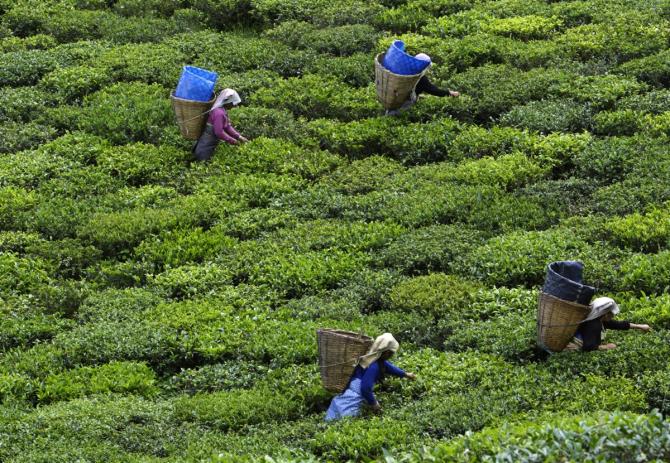
India, in fact, is the second-largest tea supplier to the US where its CTC varieties are useful for the ‘chai-tea’ and the vile flavoured variants that Americans favour (is mango tea even a thing?).
In the tariff game that the Trump administration is playing with the rest of the world, India runs the danger of being priced out by Japan, with a 15 per cent reciprocal tariff, and Sri Lanka at 30 per cent.
With climate change impacting productivity, labour shortages impinging on wages and Nepal encroaching on India’s premium varieties with ersatz Darjeeling tea, the serial closures of tea estates by storied names since 2000 are pointing to accelerating decline.
Indians with a preference for tea rather than chai may find themselves falling back on Sri Lankan or Nepalese alternatives soon.
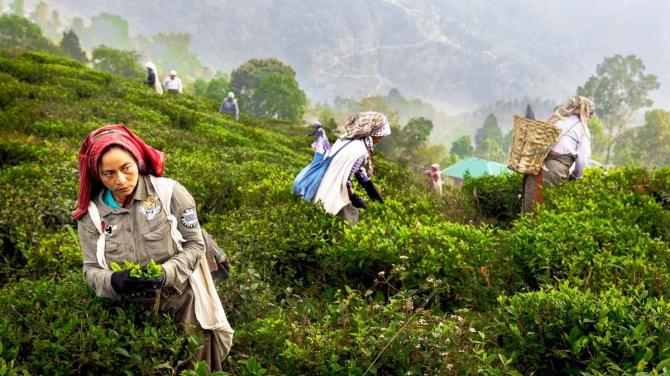
Source: Reddif

